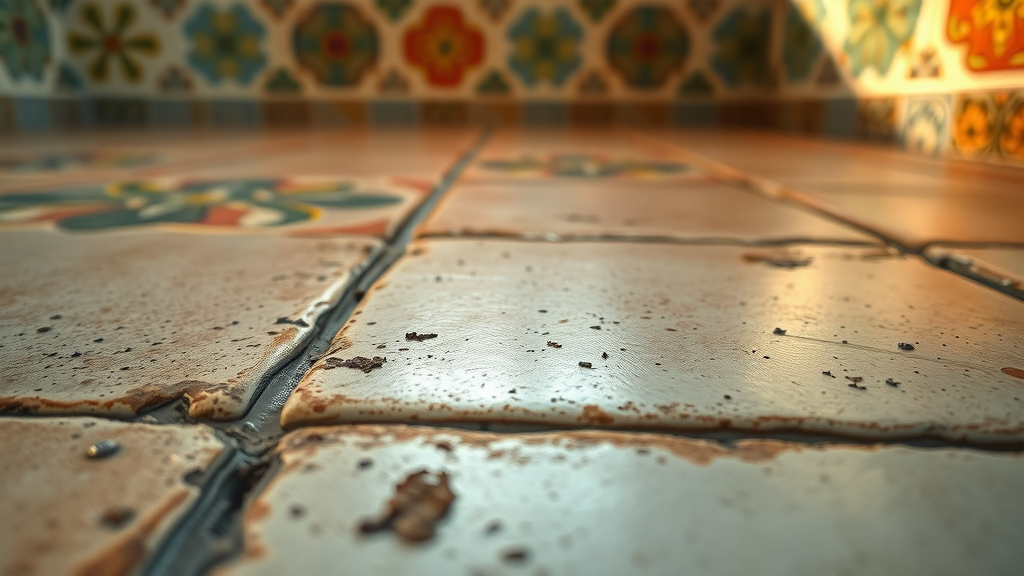For allergy sufferers, finding the right flooring options can be a daunting task. Carpets, in particular, have long been a source of controversy when it comes to indoor air quality and allergies. While some people swear by the comfort and warmth of carpeted floors, others claim that they exacerbate their allergy symptoms. So, what's the truth? Are carpets a friend or foe for allergy sufferers? In this article, we will explore the pros and cons of carpets when it comes to allergies, and help you make an informed decision on whether or not to have them in your home. Whether you're a long-time allergy sufferer or simply concerned about the air quality in your home, tune in to discover everything you need to know about carpets and allergies.
How Carpets Can Trigger Allergies
Carpets can be a breeding ground for allergens, such as dust mites, pet dander, and pollen.

These allergens can accumulate in the fibers of the carpet and be released into the air when someone walks on the carpet or vacuums it. This can lead to symptoms such as sneezing, runny nose, itchy eyes, and even asthma attacks.
Another factor that can contribute to carpet-related allergies is the use of chemicals in carpet manufacturing. Some carpets may contain volatile organic compounds (VOCs) that can be emitted into the air and cause respiratory irritation. Additionally, carpets can trap moisture, which can lead to mold and mildew growth and further exacerbate allergies.
Despite these potential drawbacks, there are still some benefits to having carpets in your home, especially for those with allergies.
The Benefits of Carpets for Allergy Sufferers
Believe it or not, carpets can actually help reduce allergy symptoms in some cases. One study found that carpets can act as a natural filter, trapping allergens in their fibers and preventing them from circulating in the air.

This can be especially beneficial for people with allergies to pollen or outdoor allergens, as carpets can help keep these allergens from entering the home.
Carpets can also provide insulation, which can help regulate the temperature and humidity in your home. This can be especially helpful for people with asthma, as extreme temperatures and humidity can trigger asthma attacks. Additionally, carpets can provide a comfortable and soft surface to walk on, which can be beneficial for people with joint pain or other mobility issues.
If you do decide to go with carpets in your home, there are different types of carpets to consider, each with its own impact on allergies.
Types of Carpets and Their Impact on Allergies
When it comes to carpets and allergies, not all carpets are created equal. Some types of carpets are more prone to trapping allergens than others, while some may emit more VOCs than others.

One option to consider is low-pile carpets, which have shorter fibers and are less likely to trap allergens. Another option is to choose carpets made from natural materials, such as wool, which are less likely to emit VOCs and are more sustainable than synthetic materials. It's also important to choose carpets with low levels of formaldehyde, as this chemical can be a respiratory irritant.
Additionally, it's important to consider the padding underneath the carpet. A high-quality, hypoallergenic padding can help reduce the amount of allergens that accumulate in the carpet fibers.
Once you've chosen the right type of carpet for your home, it's important to keep it clean to minimize allergen buildup.
Carpet Cleaning and Its Impact on Allergies
Regular carpet cleaning is essential for reducing allergen buildup and maintaining indoor air quality. Vacuuming carpets at least once a week can help remove dust mites and other allergens from the fibers.

It's important to use a vacuum with a HEPA filter, as this can help capture smaller particles that traditional vacuums may miss.
In addition to vacuuming, steam cleaning carpets can also help reduce allergen buildup. This method uses high temperatures to kill dust mites and other allergens, and can be especially effective for people with pet allergies.
While regular carpet cleaning can help reduce allergen buildup, it's important to note that it can also temporarily increase allergen levels in the air. This is why it's recommended to clean carpets when no one is home and to open windows to ventilate the area after cleaning.
Alternative Flooring Options for Allergy Sufferers
If you're still concerned about the impact of carpets on your allergies, there are alternative flooring options to consider.
One option is hardwood flooring, which is easy to clean and doesn't trap allergens like carpets can.

Another option is tile or vinyl flooring, which are also easy to clean and can be less expensive than hardwood.
If you're looking for a softer surface, you can consider area rugs made from natural materials, such as wool or cotton. These can be easily removed and cleaned, and can provide a comfortable surface to walk on without the potential drawbacks of wall-to-wall carpeting.
Conclusion
When it comes to carpets and allergies, there are both pros and cons to consider. While carpets can trap allergens and emit VOCs, they can also act as a natural filter and provide insulation and comfort. By choosing the right type of carpet, keeping it clean, and considering alternative flooring options, you can make an informed decision on whether or not to have carpets in your home. Ultimately, the key is to prioritize your health and comfort, and to find the flooring option that works best for you.

 Add
Add 
 Add Row
Add Row 













Write A Comment